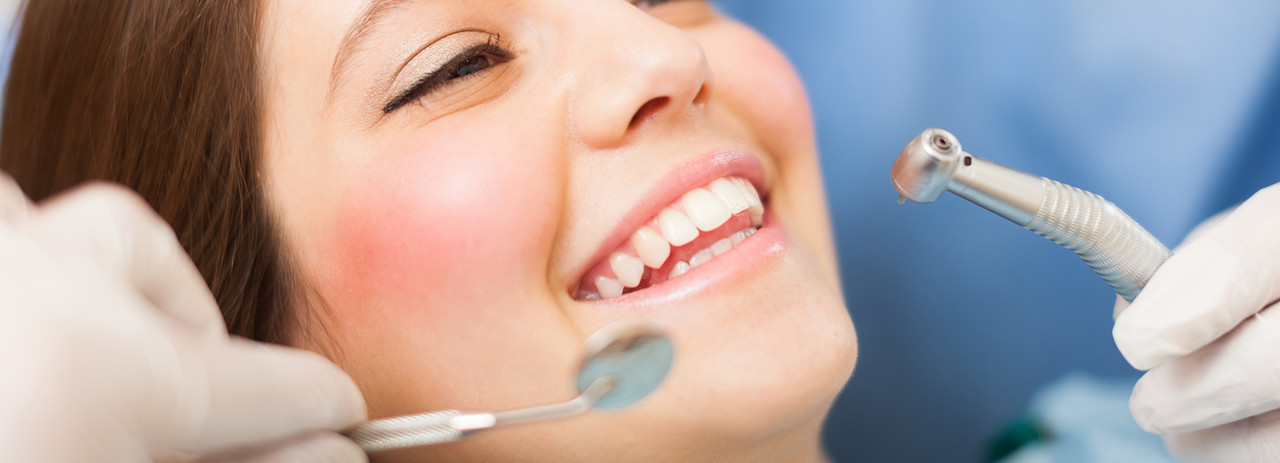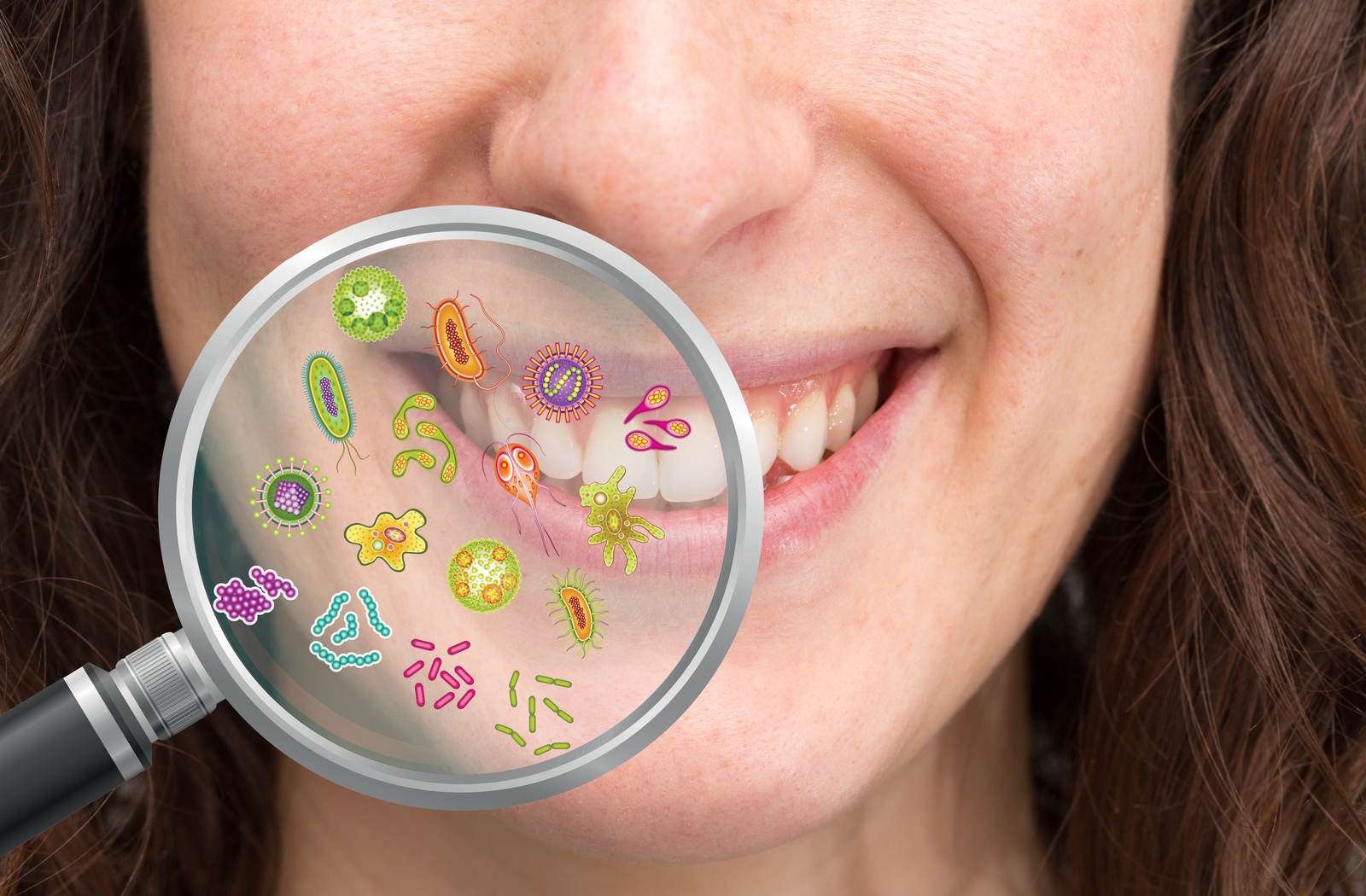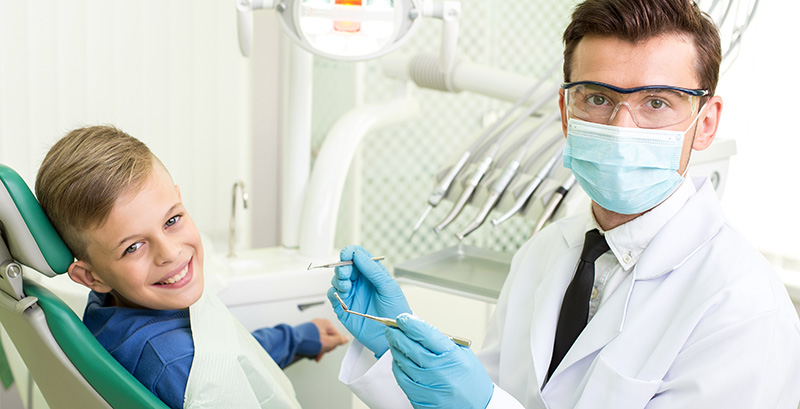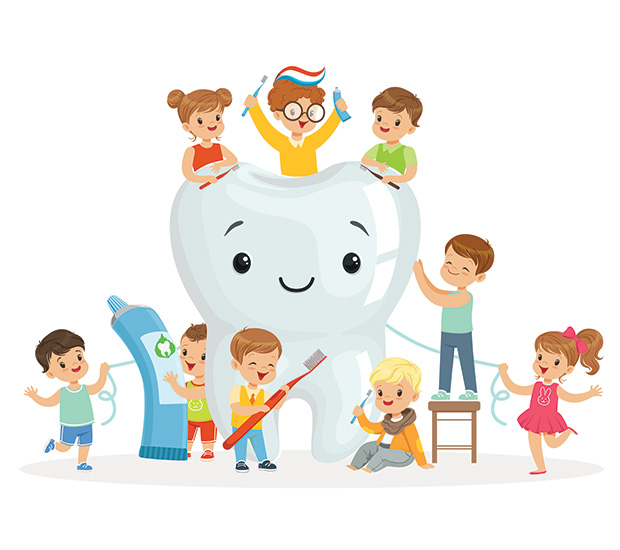
Teeth brushing time: Every parent’s worst nightmare or part of the nightly routine. The problem? No parent ever knows what side that flipped coin will land on in a given night. Spice that up with the stress of an upcoming dentist visit in their minds, and you’ve got yourself a recipe for trouble in most pediatric cases.
Thankfully, it doesn’t have to be that way. Our expert pediatric dentists Greenville, NC recommend early and continuous education around the importance of routine teeth cleaning and brushing, eliminating the anxiety that can be associated with either part of your regular practice.
Read on to learn about the best benefits your child can gain from a routine clean. Then, use them to alleviate any pre-dentist fears as they arise. We’re rooting for you!
Disease Avoidance In The Future
Oral health conditions, like gingivitis and cavities, can lead to extreme pain, bleeding, swelling and other unpleasant symptoms. Your children can avoid these illnesses with routine deep-cleaning, giving your dentist a bird’s eye view into any oral issues before they take root.
Fresh Breath
No one likes having bad breath. After seeing the dentist in Greenville, NC., your children will have the confidence that comes from a great-looking, clean smile and fresh breath. All of the halitosis-causing plaque and germ buildup will be washed away from hard-to-reach places during the deep clean, thanks to the specialty, higher-pressure tools that your pediatric dentist Greenville, NC has access to.
Long-Term Health Benefits
Did you know? Many experts have found that routine cleanings can lower one’s risk of dementia, stroke, and heart disease. While your children may be too young to realize this benefit, you can rest assured knowing that you elevate their overall level of health with each visit. You can also encourage them with the thought that it’s not just their mouth they’re affecting when they go in for a clean. It’s every system of their body.
Ready To Book Your Appointment?
On the hunt for a pediatric dentist near me? The experts at Wilson Pediatric Dentistry are here to help. Our specialists help thousands of kids per year keep their teeth clean, healthy, and absolutely gleaming—giving them deep cleanings and the care they deserve in a convenient, accessible, and pain-free way.
Connect with us today for more information. We look forward to serving you.









